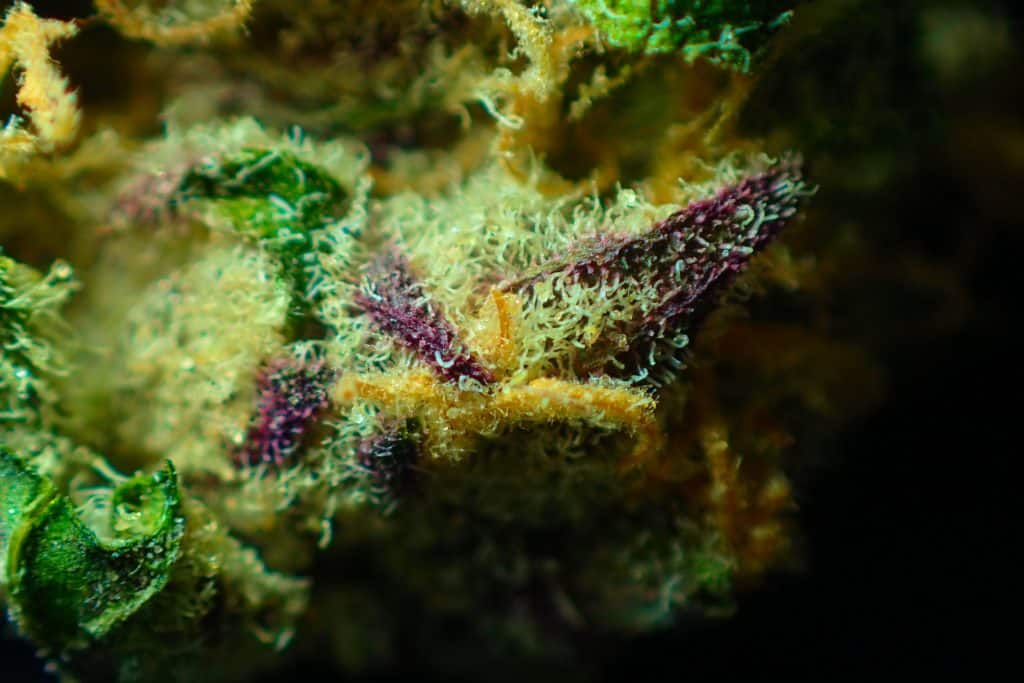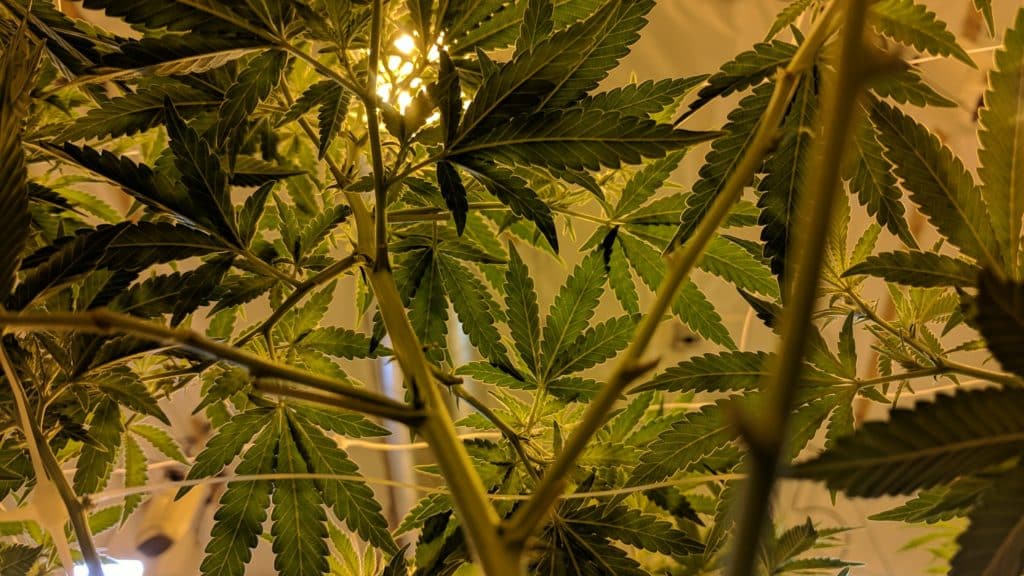In an act of historic proportions, The House of Representatives approved legislation that would decriminalize marijuana on Friday 12.4.20. So why isn’t a cloud of cannabis smoke rolling across the nation? Why aren’t joints being tossed from floats like candy at a Halloween parade? Where’s the fanfare – the excitement??
While yes – the bill passed through the house with a vote of 228-164, and yes – it contains some fantastic provisions to correct injustices that have existed for generations, there are just a couple problems . . .
- The MORE Act doesn’t legalize marijuana.
- The MORE Act will likely get denied by the largely Republican Senate.
Despite those couple major hangups, it’s important to consider the magnitude of this moment. As Justin Strekal, the Political Director at NORML explained, “for the first time in American history, the public will see the ‘People’s House’ vote to end the senseless, cruel, and racist policy of marijuana criminalization and prohibition”.
What is the MORE Act?
HR 3884, or the Marijuana Opportunity, Reinvestment, and Expungement (MORE) Act is a bill that would remove marijuana from the Controlled Substances Act. For decades, cannabis has been considered a Schedule 1 drug along with the likes of LSD, ecstasy, and heroin. If the MORE Act were signed into law, marijuana “shall be deemed to be a drug that does not meet the requirements for inclusion in any schedule”.
With a third of US residents living in a state where weed is legal, HR 3884 would move to eliminate the clash between federal and state cannabis laws as well as show which politicians have a progressive stance on drugs in a country where many areas have become pro-decriminalization.
Justice & the MORE Act
The ‘expungement’ area of the MORE act begins with some reparative justice for past marijuana offences. As of just a couple years ago, marijuana-related arrests totaled above 660,000. The removal of marijuana from the Controlled Substances Act would retroactively affect any offense, case, or conviction related to marijuana. In many cases, criminal records could be wiped clean under the MORE Act.
This is where criminal justice intersects with social justice. The MORE Act states that drug policing – and particularly cannabis law forges, “a legacy of racial and ethnic injustices, compounded by the disproportionate collateral consequences of 80 years of cannabis prohibition”.
Race, Social Equity & the MORE Act
Oregon Representative Earl Blumenauer stated it perfectly when he stood on the House floor and said, “we’re here because we have failed three generations of black and brown young people, whose lives can be ruined, or lost, by selective enforcement of these [cannabis] laws”.
The opening pages of the bill states that cannabis arrests are, “disproportionately impacting people of color who are almost 4 times more likely to be arrested for cannabis possession than their white counterparts”. The MORE Act works to counteract those injustices by embedding elements of social equity into federal cannabis law.
A federal tax on marijuana products would help funnel money into grant programs that would partially help benefit communities that have suffered due to the enforcement of cannabis laws. Funding would be allocated toward literacy programs, health education programs, job training, legal aid, and more.
In addition, HR 3884 works to undo the socio-economic gatekeeping seen in the cannabis industry. It’s no surprise that application fees, licensing costs, and economic strief associated with opening a dispensary can cost over half a million dollars – conservatively. That, paired with federal law making it difficult to secure capital for cannabis-related ventures, has eliminated opportunities for a large portion of the population. Or, as the bill itself states: “The communities that have been most harmed by cannabis prohibition are benefitting the least from the legal marijuana marketplace”.
In an attempt to level the playing field, the MORE Act includes programs that would help local licensing boards reflect the “racial, ethnic, economic, and gender composition” of the area.
Taxes & the MORE Act
You can pack all the social equity and legal reform you want into the bill, but the moment a “tax” is attached, you lose the support of an entire population. To be clear – yes, a sales tax is included in the MORE Act, but it would be a 5% sales tax on cannabis products ONLY. This small price would go to program funding for areas like:
- Law Enforcement Training
- Small Business Loans
- Substance Use Treatment Services
- Health Education
- Youth Mentoring
- Job Training
- Reentry Services
And even if that additional 5% tax on cannabis products is off-putting, decriminalization still benefits taxpayers in the long run. According to the ACLU, the annual cost of cannabis prohibition enforcement racks up to approximately $3.6 billion.
What is the MORE Act Missing?
The benefits of the MORE Act are obvious, but it doesn’t pave a completely clear road to full cannabis legalization. Though decriminalized, individual states retain the power to ban the substance under state law. This means that strictly Conservative states would most likely uphold cannabis prohibition, and the “4 times more likely to be arrested” figure would most likely persist for people of color in those states.
Additionally, an amendment added in the finalization of the bill altered language around a provision that could cause people with previous cannabis convictions to be denied key permits needed to join the industry. This, unfortunately, unravels some of the progress toward social equity made in other areas of the legislature.
Still, the MORE Act is a monumental leap forward for Cannabis Rights. And though this iteration of the bill is likely to die in the Senate, if marijuana law reform is important to you as a voter, it’s imperative to see who is voting in your interest.
228 representatives voted in favor of the MORE Act: 222 Democrats, five Republicans, and one Libertarian. 164 representatives voted against it: 158 Republicans and six Democrats. In poll after excruciating poll, American citizens express bipartisan support of marijuana legalization. It’s about time the American government reflects that.
Additional Resources:
At The Weed Blog, we strive to produce the latest online news resources regarding marijuana. We also review various strains of cannabis or other edible counterparts. We are committed to helping you find valuable information about marijuana on our website. With marijuana laws constantly changing, learn from us what you can do to promote activism in your area. Otherwise, consider these other top-tier articles regarding cannabis:
How Much Each State (and the Federal Government) Would Make if They Legalized Marijuana





